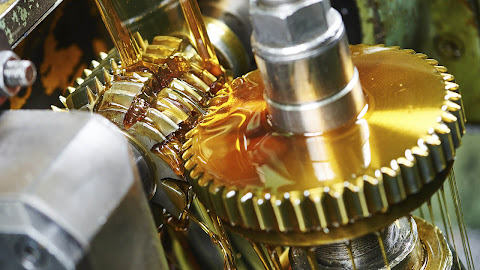Hydraulic Cylinders 101 A Comprehensive Guide for Beginners
Welcome to our comprehensive guide on hydraulic cylinders! Whether you're new to the world of engineering, construction, or automotive industries, understanding the basics of hydraulic cylinders in Australia is essential. These powerful devices play a crucial role in various applications, and our guide aims to provide beginners with a clear understanding of their function, operation, and maintenance. What are Hydraulic Cylinders? Hydraulic cylinders are mechanical actuators that are used to provide unidirectional force through a unidirectional stroke. In simpler terms, they are devices that convert hydraulic energy into mechanical energy to perform work. These are commonly found in heavy machinery, construction equipment, agricultural machinery, and even in the automotive industry. For instance, hydraulic cylinders are used in excavators to power the boom and bucket movements, in dump trucks for lifting the bed, and in hydraulic brakes in automobiles. How Do Hydraulic Cylinde...




